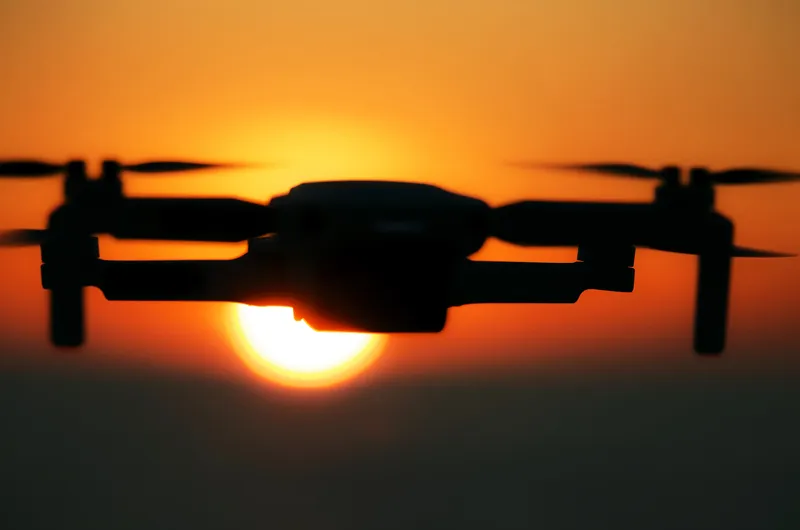The City of San Diego has partnered with the US Marines to develop smart cities technologies such as drones - or unmanned aircraft systems (UAS) - and smart streetlights.
The Californian city’s authorities will meet with the Marine Corps Installations Command (MCICOM) regularly to exchange technology ideas, review the status of ongoing projects and identify new areas of collaboration. The partners say they will also utilise working groups to review issues and develop actions plans relating to mobility, security and public works.
San Diego wants to include the Marines in a pilot programme to advance the testing of UAS for the
Additionally, the partners will collaborate on the city’s ‘Get it Done’ app, which allows users to report problems and request improvements for neighbourhoods. It uses GPS information embedded within photos to automatically update addresses and locations.
According to the city’s government, San Diego has 3,200 smart streetlights which come with smart sensors that reduce energy costs by 60%.
In 2018, San Diego was chosen to participate in the Federal Aviation Administration’s UAS programme to test a range of advanced drone missions over the next few years.
San Diego and US Marine Corps partner on smart city development
The City of San Diego has partnered with the US Marines to develop smart cities technologies such as drones - or unmanned aircraft systems (UAS) - and smart streetlights.
The Californian city’s authorities will meet with the Marine Corps Installations Command (MCICOM) regularly to exchange technology ideas, review the status of ongoing projects and identify new areas of collaboration. The partners say they will also utilise working groups to review issues and develop actions plans relating to mobility,
March 11, 2019
Read time: 2 mins








